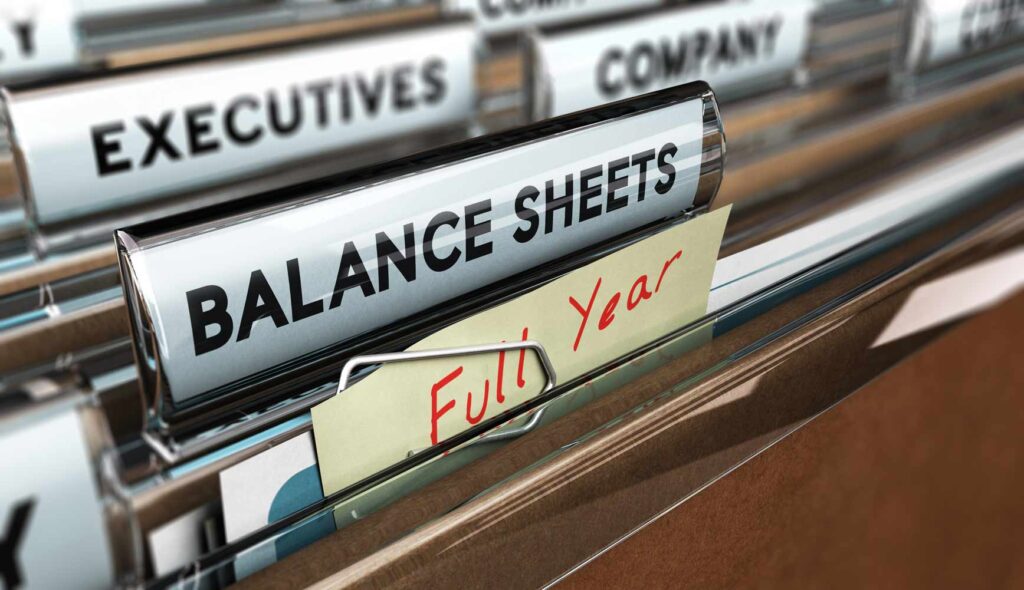There are just two months left in 2019, which means the tax season is going to be upon you before you know it. One of our best tax prep tips for 2020 in Des Moines, IA is to actually get started on your tax prep before 2020 arrives. That’s right—even though you’re still in the 2019 tax season, there are some strategies you can employ to set yourself up well once you’re able to begin the tax paperwork and filing in the new year.
Here are a few steps you might take before December 31 to set yourself up well for the coming tax year.
Defer income
Your income is taxed based on the year in which you receive it. If, for whatever reason, you want to lower your taxable income for this year, you can defer some of your income into 2020. This might not be possible with standard wages or salaries, but if you’re due any bonuses, commissions or other types of payments, you can ask to wait on those payments until January.
Keep in mind that this will then increase your tax burden for 2020, but you may be in a position where it’s advantageous to save money now. That said, if deferring income could potentially push you into a higher tax bracket next year, it’s also a good idea to just keep that income for 2019.
Search for last-minute deductions
Another way you can lower your tax bill is by maximizing your deductions for 2019. Under the new tax system, most people will simply take the standard deduction. But if you do plan to itemize, there are ways you can lower your tax bill for this year.
You could contribute to charity at any time you wish, donating either cash or appreciated stock or property, which would double up on the potential tax benefits you’d receive as a result of the donation. You will need receipts to back up any charitable contributions you make, just in case the IRS comes calling with an audit.
In addition, if you have any expenses coming up that could net you some tax breaks now, you could pay those expenses early. Examples include medical bills, property tax bills due in early 2020 and estimated state income tax bills due in January.
Sell bad investments
If you know you’re going to need to pay some capital gains taxes, you can sell off some investments that lost during the year to offset some of those gains. Up to $3,000 of excess loss can be used to offset other sources of income as well, but any more than $3,000 and you’re best off carrying it into next year.
Max out your retirement accounts
You can maximize the tax benefits on your retirement accounts by contributing the maximum allowed amount each year. This applies to both IRAs and 401(k)s.
For more information about some year-end tax strategies you should look into, we encourage you to contact Accounting & Tax Professionals, PLC and we’ll be happy to assist you with your end of year taxes in Des Moines, IA.

